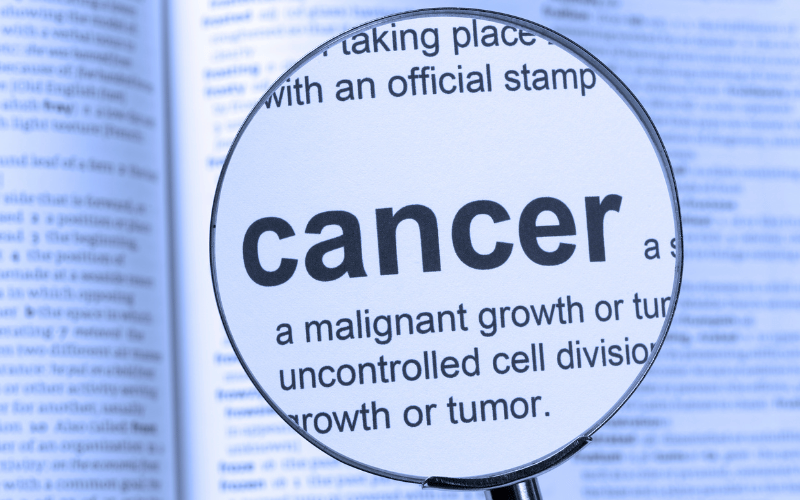Cause 7: Colorectal Polyps and Cancer

Colorectal polyps are small clumps of cells that form on the lining of the colon or rectum. While most polyps are benign, some can develop into cancer over time. The transformation from a benign polyp to a malignant tumor isn’t overnight; it’s a gradual process.
Several factors can predispose an individual to develop colorectal polyps. Age, especially being over 50, is a significant factor. A family history of polyps or colorectal cancer, certain genetic disorders, and lifestyle factors like tobacco use, obesity, or a diet high in fat and low in fiber can also contribute.
The insidious nature of colorectal polyps is that they often don’t manifest symptoms. However, as they grow, they might cause rectal bleeding, which would be evident in the stool. Other symptoms, though less common, include anemia, abdominal pain, constipation, or diarrhea that doesn’t go away.
Screening is the first line of defense against colorectal cancer. Colonoscopies or other tests can detect polyps early, enabling their removal before they turn malignant. For those diagnosed with colorectal cancer, treatments might encompass surgery, radiation therapy, or chemotherapy.
The key takeaway? Regular screenings, especially for those at a higher risk, are invaluable. Moreover, adopting a healthier lifestyle with a balanced diet, regular exercise, and avoiding smoking can significantly reduce the risk. (7)